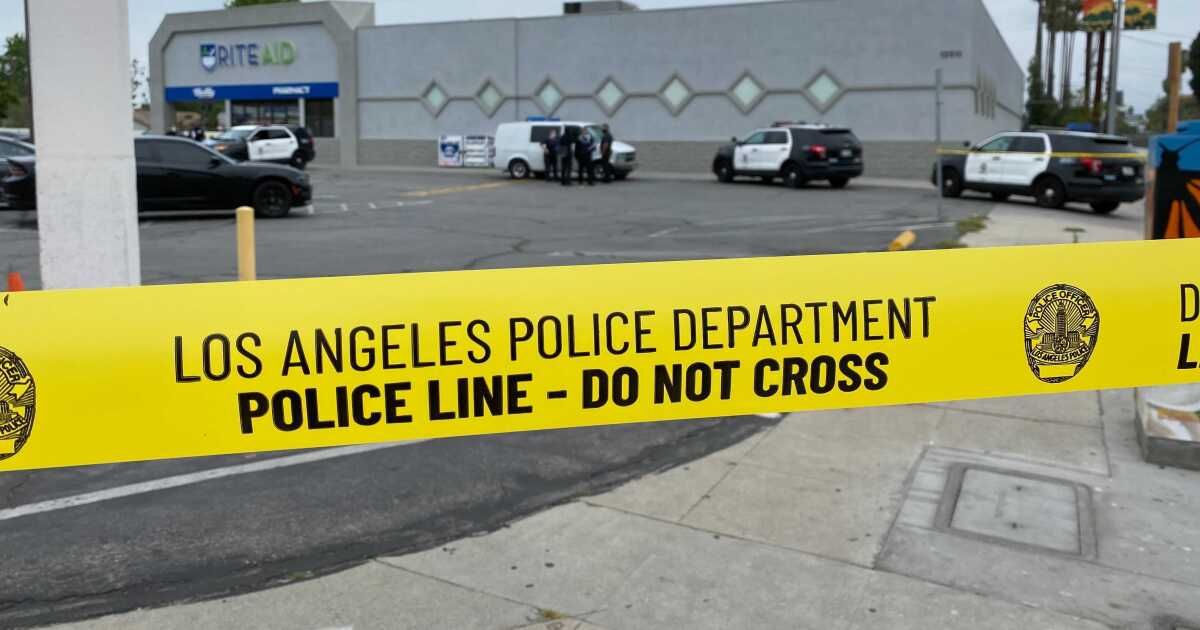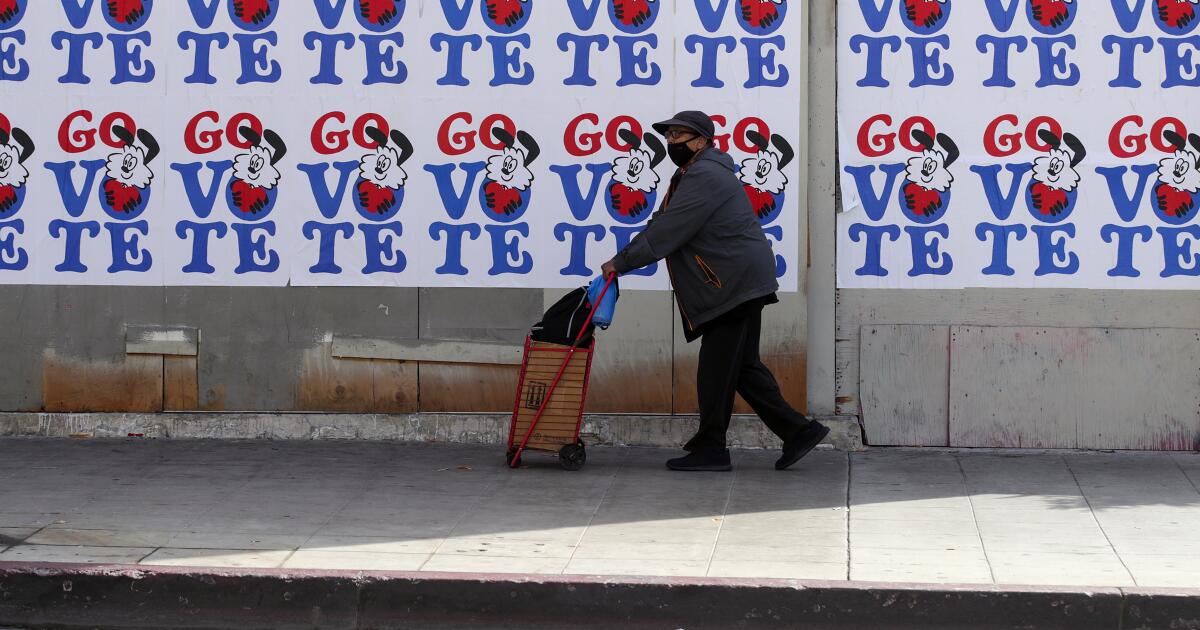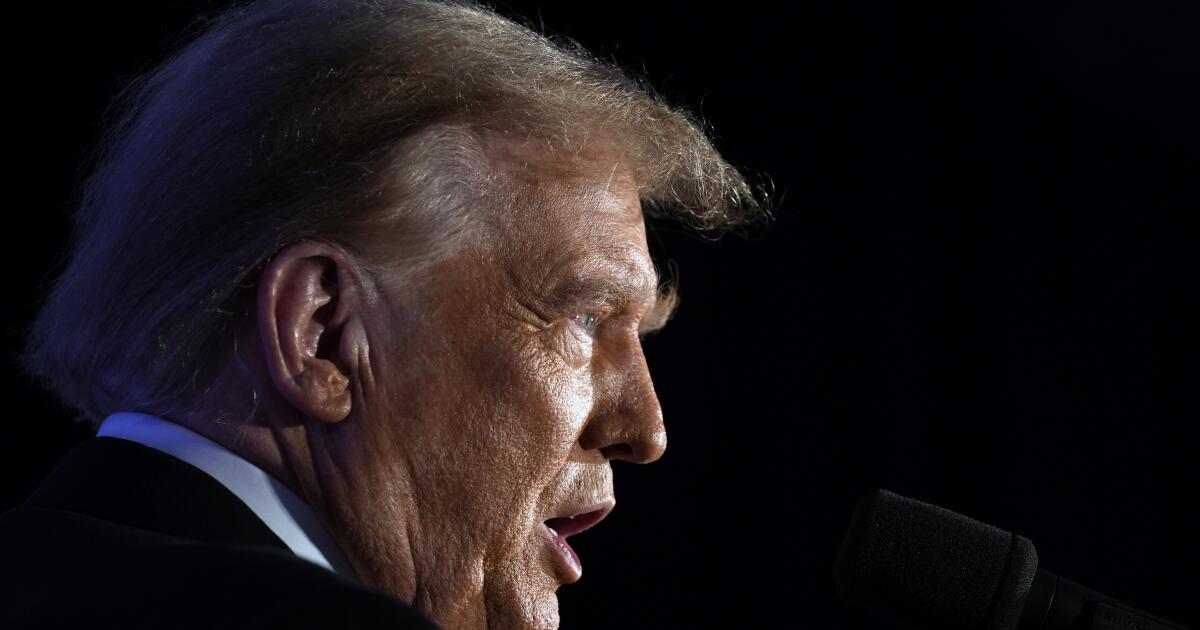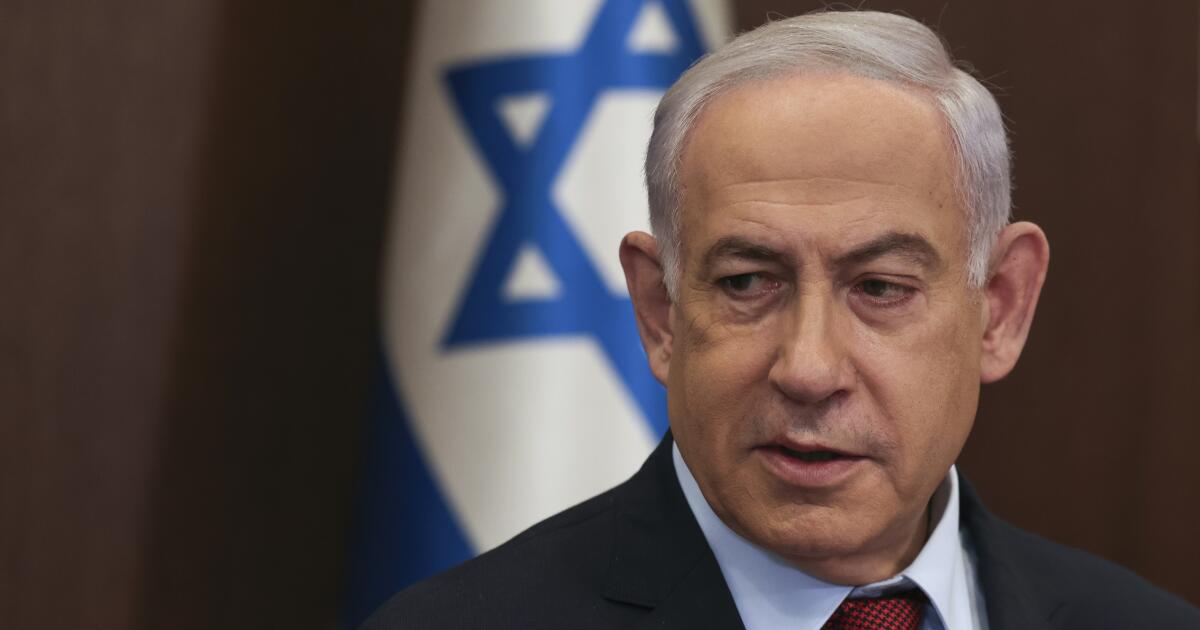Recent reports have highlighted the prevalence of Police shoot people carrying knives and other bladed weapons. These cases, which often involve people in crisis, show two lethal problems: There are limits to what “de-escalation” can accomplish, and officers too often hesitate to use nonlethal force, allowing confrontations to spiral out of control.
In recent years, across the country, officers seem reluctant to use legitimate force to end a confrontation when verbal attempts fail to convince the subject to surrender. This hesitation to use even nonlethal weapons (in situations that clearly call for them) often results in a police shootout, because at some point, as de-escalation efforts drag on without success, suspects may suddenly attack.
People outside law enforcement sometimes get the impression that if officers would just constantly try to de-escalate confrontations with disturbed people, shootings could always be avoided, as if de-escalating tension were a miracle cure. But there is no miracle cure.
Without a doubt, de-escalation is a crucial tool for police officers. It's one of the first things I learned as a rookie cop in 1976: talk instead of fight, if the situation allows. The hope for engaging in effective communication with a resisting subject is to de-escalate the incident and persuade him to submit. It works when it works (which is the norm), and it doesn't work when it doesn't. That's where the deadly mistake often lies: recognizing that de-escalation isn't working, but being reluctant to use nonlethal force for fear of the administrative, legal, and media consequences.
This pattern can be seen when police are confronted by someone armed with a knife. Typically, officers would keep their distance, talk to the individual, and listen, in order to maintain communication in an effort to resolve the situation peacefully. Instead, with the best of intentions, officers “talk the person to death.” When police don’t realize that talking doesn’t work, officers refuse to use non-lethal means like Tasers to subdue an armed individual; the result is often the opposite: the individual becomes more agitated the longer the confrontation goes on and charges at officers or bystanders with the knife. This is when shootings occur.
I wish the officers had abandoned the de-escalation strategy on its own terms instead of waiting for the suspect to end the situation by attacking. I wish the officers had used a Taser or another non-lethal option and saved a life (not to mention avoided a costly investigation and litigation over the shooting) instead of “talking the person to death.”
As a long-time consultant on police use of force, I believe that officers should use language in most situations, but they should evaluate each case on its own merits to determine how long They will talk without action. It seems likely to me that officers have become reluctant to use weapons because so many of their colleagues have faced backlash after shootings, but it does no one any good to extend this attitude to nonlethal force. Don’t let an overemphasis on de-escalation put the lives of civilians and officers at risk. Don’t hesitate to use tools like Tasers and other force options when appropriate. Fewer and less serious injuries from nonlethal weapons are preferable to preventable shootings.
The hope that all police encounters can be ended with words is unrealistic, but can most of them be ended with words or nonlethal means? Of course, and in fact most encounters already do. The exceptions that turn into shootings are the cases that make headlines. We can make those exceptions rarer with better policies and training and a cultural shift that encourages the use of nonlethal weapons at the right times.
The public and the media have a role to play. Just as public pressure and equipping officers with a variety of nonlethal weapons have helped reduce the frequency of police shootings compared to decades ago, public support can make the difference for officers and departments using lower levels of force before a confrontation situation escalates into a shooting.
Greg Meyer, an expert on police use of force, is a retired captain with the Los Angeles Police Department who led the department's nonlethal weapons research, testing and training from 1979 to 1980.












